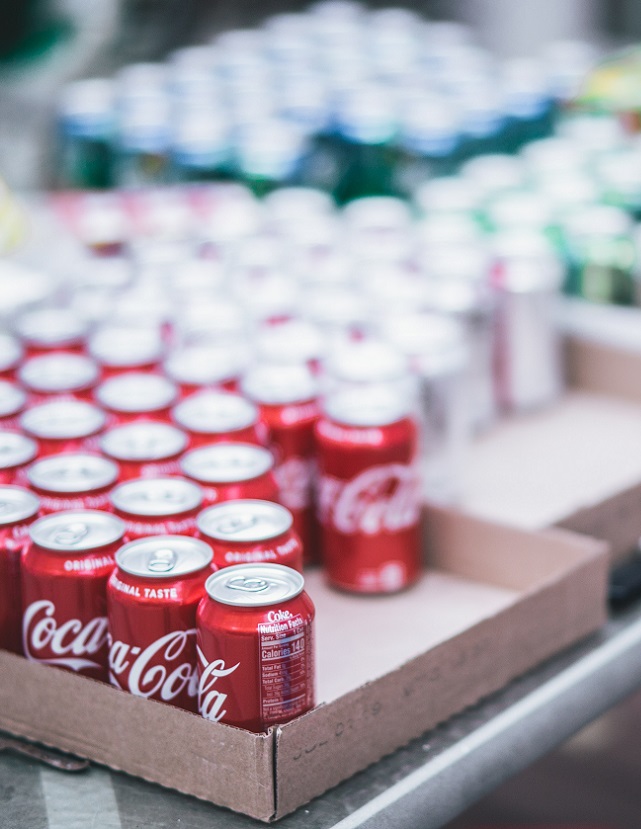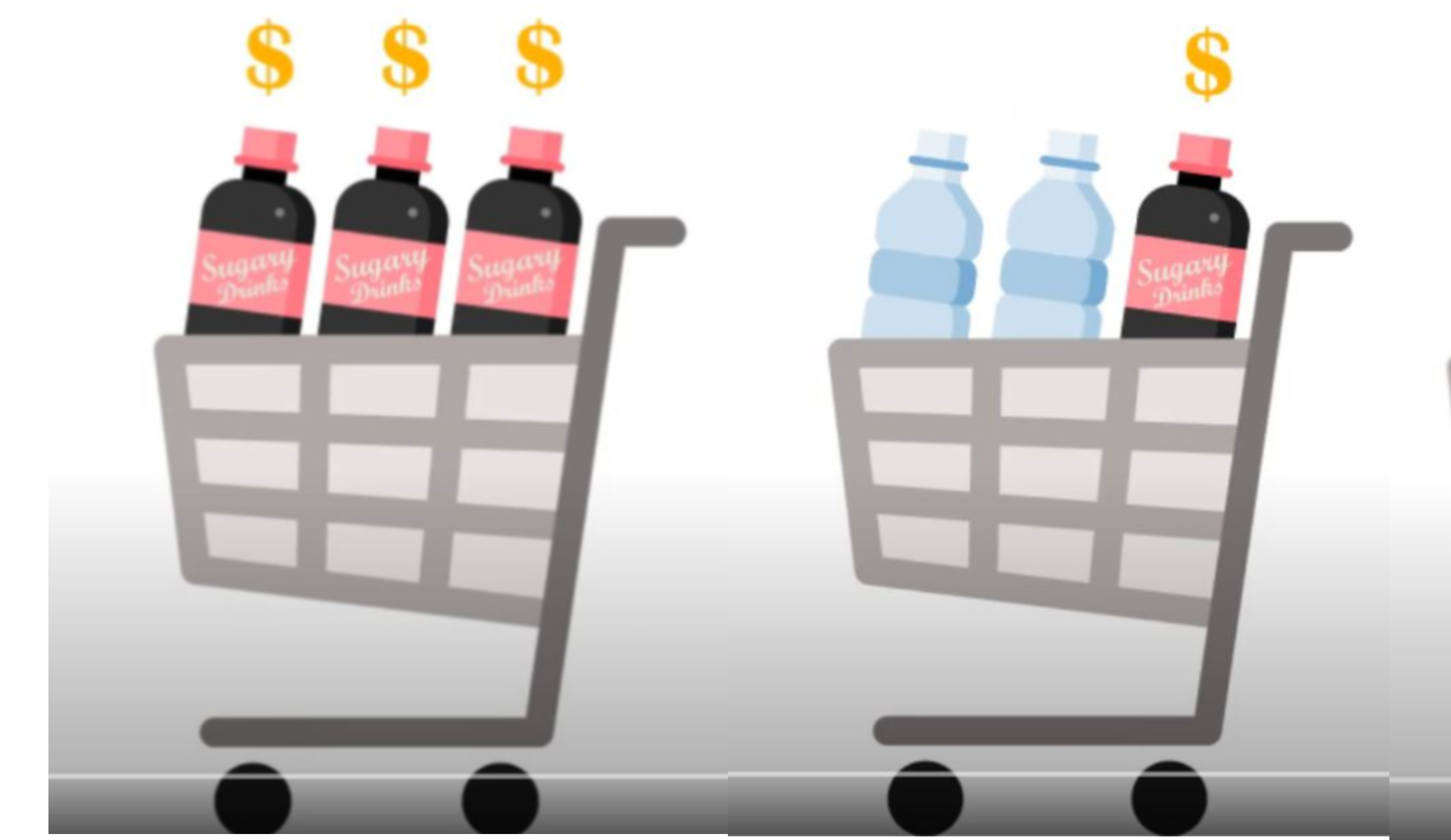Demonstrating Soda Tax Success: Reduced Consumption of Sugary Beverages
Highlights

In the largest-to-date evaluation of the nation’s first sugar sweetened beverage (SSB) tax, PHI researchers and their colleagues found that sales of sugary drinks went down significantly, with no overall drop in beverage sales for local stores and no increase in grocery bills for consumers.
$1.4M+ raised for nutrition and obesity prevention activities in the first 12 months after implementation of a soda tax
9.6% drop in the amount of sugary beverages people purchased over the same period
15.6% increase in sales of water over the same time period
-
Focus Areas
Data, Technology & Innovation, Health Care & Population Health, Healthy Communities -
Issues
Nutrition & Food Security -
Expertise
Evaluation, Public Policy Development

After the city of Berkeley adopted the nation’s first tax on sugar-sweetened beverages, in April 2017 PHI researchers, led by Lynn Silver, PHI’s senior advisor on chronic disease and former assistant health commissioner in New York City, engaged in an assessment of the measure’s impact. Following their preliminary 6-month assessment of the soda tax, the team from PHI and the University of North Carolina conducted the largest-to-date evaluation of the tax, looking at the first 12 months after implementation.
Their findings demonstrated the unequivocal success of the tax.
- People drank less soda. Berkeley purchases of sugary drinks fell by 9.6%. In other Bay Area locations without a tax, sales of sweetened beverages rose by 6% over the same time period.
- The tax showed no negative impact on store revenue or consumer grocery bills.
- Revenue for the city totaling $1,416,973 was raised from tax, funding nutrition and obesity prevention activities in schools, childcare and other community settings.
- Sales of water rose by 15.6%, and overall sales of healthier beverages also rose significantly, by 3.5%.
“The Berkeley tax is a home run—residents chose healthier options, it raised revenue for promoting health, and we saw no evidence of higher grocery bills for consumers or harm to local business revenue. These findings suggest that sugary drink taxes make health and economic sense.” Lynn Silver, MD, MPH, lead author of the study and senior adviser at PHI.
Work With Us
You change the world. We do the rest. Explore fiscal sponsorship at PHI.
Support Us
Together, we can accelerate our response to public health’s most critical issues.
Find Employment
Begin your career at the Public Health Institute.

